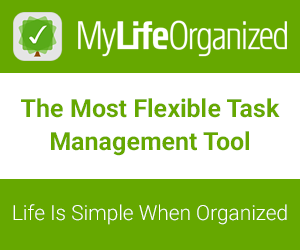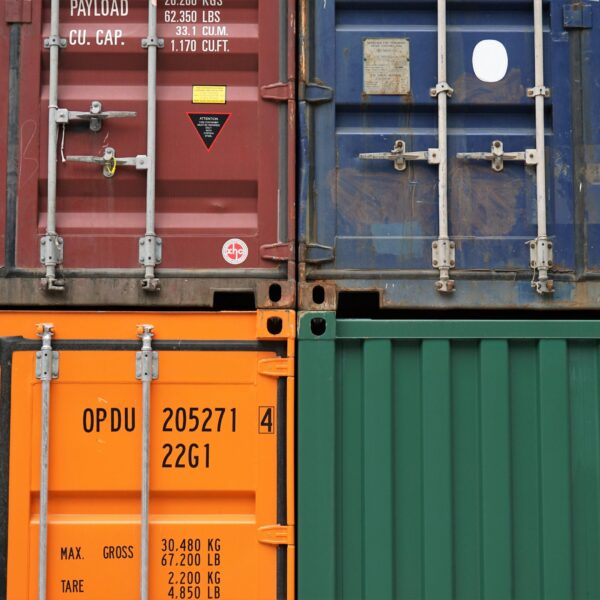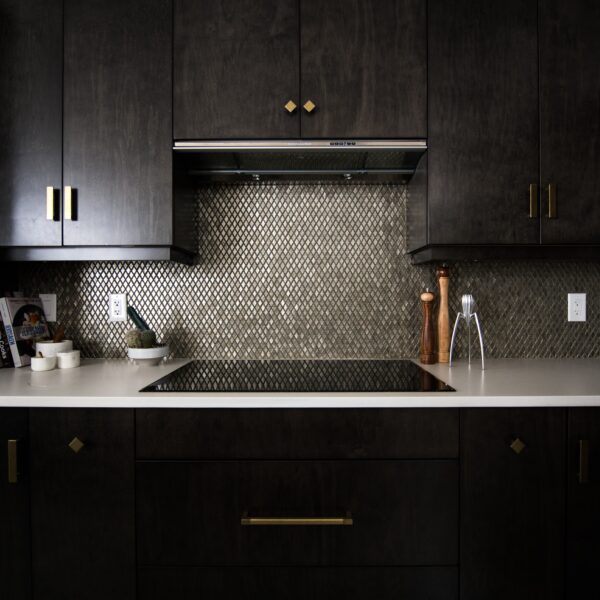The last year has given us all cause to think about how we live and where we live. We have all spent far too much time in our homes and if you are one of those who have taken imaginary holidays abroad by looking at property on the net, you might well be thinking of turning those dreams into reality. Buying property in Europe has a strong appeal: the sun, the low cost, the lifestyle, the difference. The temptation is to dive right in and just do it, but however cheap that property might be, it’s still a big commitment and there are things that you really need to think through, before you take the plunge.
How will you use this property?
There is no point in owning a European holiday home, however beautiful it may be, if you can never get to stay there. Will your work allow you to spend extended periods in your holiday home? Would you be able to work remotely from this location? How expensive and time consuming will it be to travel there? If you have a family then the purchase becomes more problematic. With children in school, you will be restricted to travelling during school holidays when fares are at their highest. Will your family want to go to the same destination each year? You will also need to consider what will happen to the property in your absence. Will you let it out? Will you pay someone to maintain it? How suitable is the property as a lock up and leave? If the property is old, the answer to that question is probably, not very.
Local costs
You need to be fully aware of what you will be paying in local taxes and service charges. For example, will you need to pay for your internet connection during your absence or will it be possible to pay just for the periods when you are there? If you are planning to do restoration work on an old property make sure that you have researched the cost of materials and labour before committing yourself.
Local amenities
Transport connections will be important to you, particularly the location of the nearest airport. How will you manage without a car? Driving to your holiday home is likely to be expensive and time consuming. Is this a location where you can manage by using public transport. How close is the nearest supermarket? If you are restricted to buying your provisions from small local shops, charming though this may be, it will be expensive. Just how far are you from the nearest hospital and how would you get there in an emergency? Once the novelty of your new location has worn off, what will you do? Are there restaurants, bars and beaches nearby? What activities are there to entertain children?
Legal issues
Estate agents are in the business of selling property and they won’t necessarily inform you about all the legal issues of which, as a foreign purchaser, you should be aware. Be sure to employ the services of an independent bilingual advisor so that you don’t have any nasty surprises further down the road.
Location
This really is the big one. There will be thousands of properties within your price range and trying to settle on one of them can seem like an impossible task. Deciding on a country is the first step. How far are you prepared to travel? Is there a particular culture to which you are attracted? Are you chasing the sun? Do you want to be by the sea? In recent years Portugal has seen huge foreign investment, particularly from the British. It has year-round sun, a thousand miles of coastline, is one of the safest countries in the world and its property prices are among the lowest in Europe. There is of course a huge variation in property prices throughout the country. Lisbon and the Algarve are the most expensive areas, but if you head north to the ancient city of Braga, which is not too far from an international airport at Porto, you’ll find some of the lowest inner city property prices in Europe. The same is true of that other popular ex-pat destination, France. If you want to purchase on the Cote D’Azur, you’ll need in excess of €200,000 for even the tiniest apartment, whilst in the less fashionable but very beautiful Poitou-Charentes, you can pick up an old property for around €70,000. If it’s a real bargain that you are after, then you should explore Italy’s ‘house for one euro’ scheme, which, astonishingly, is not too good to be true.
Image Credits: Manuel Araújo




Like this article? Share with your friends!